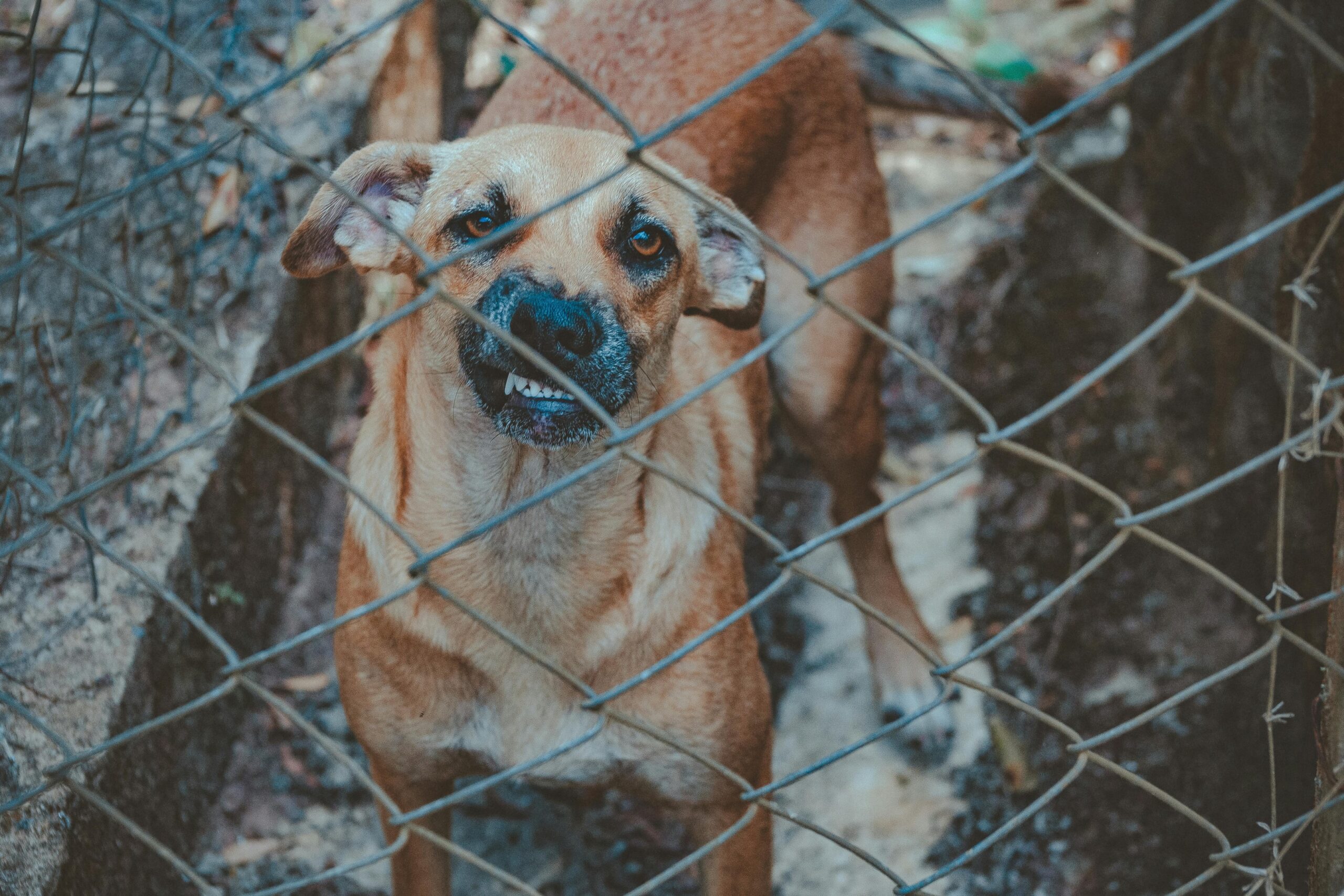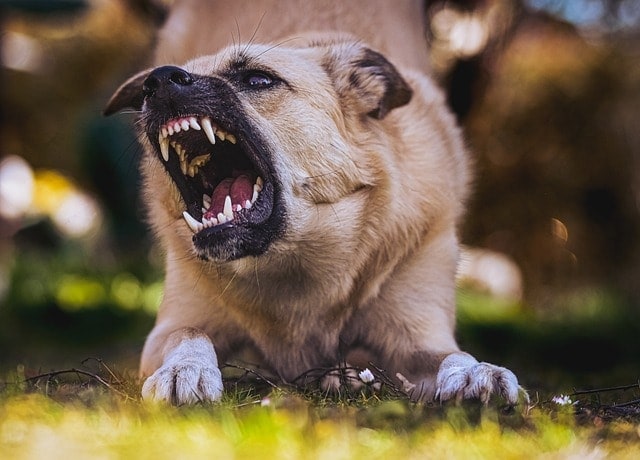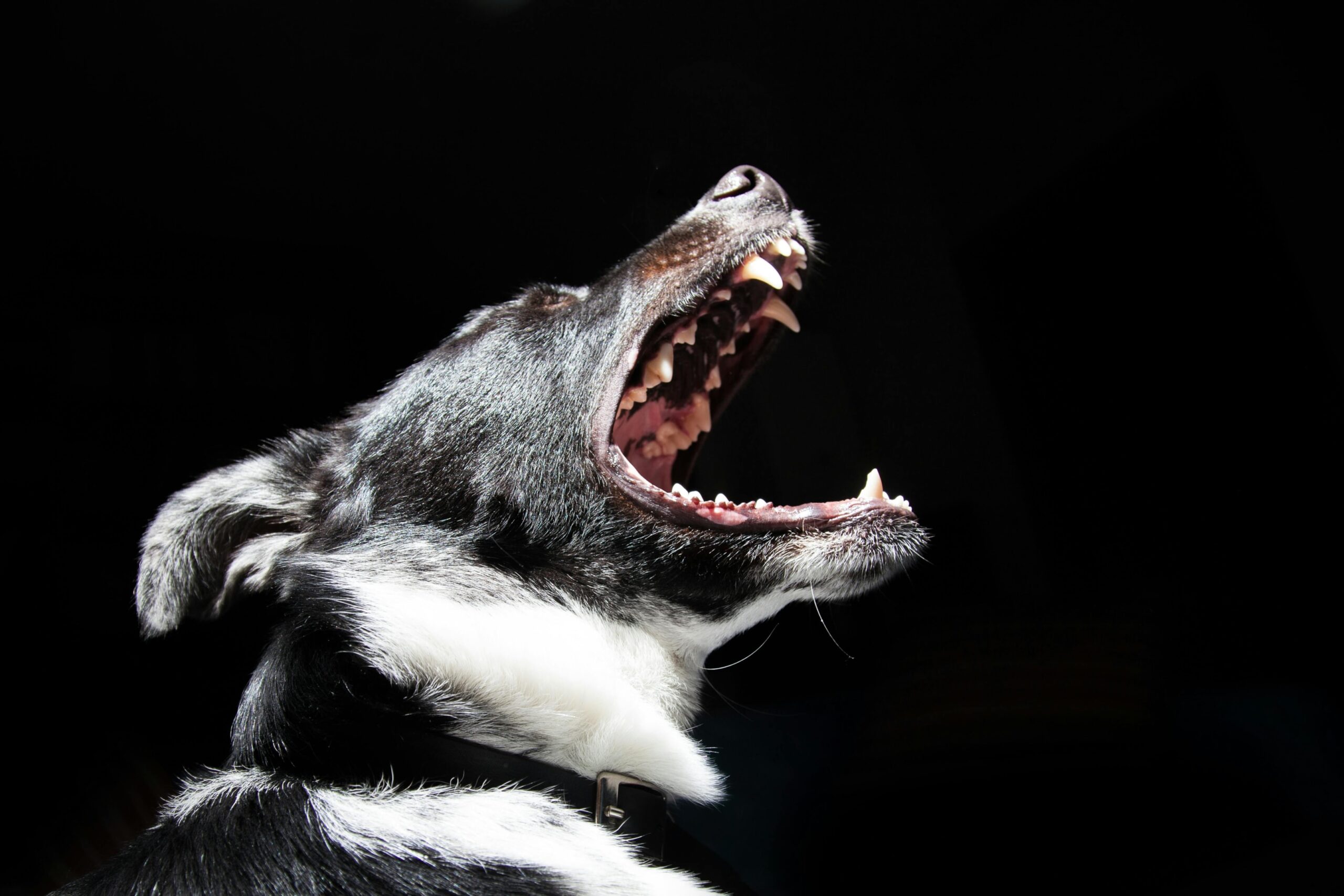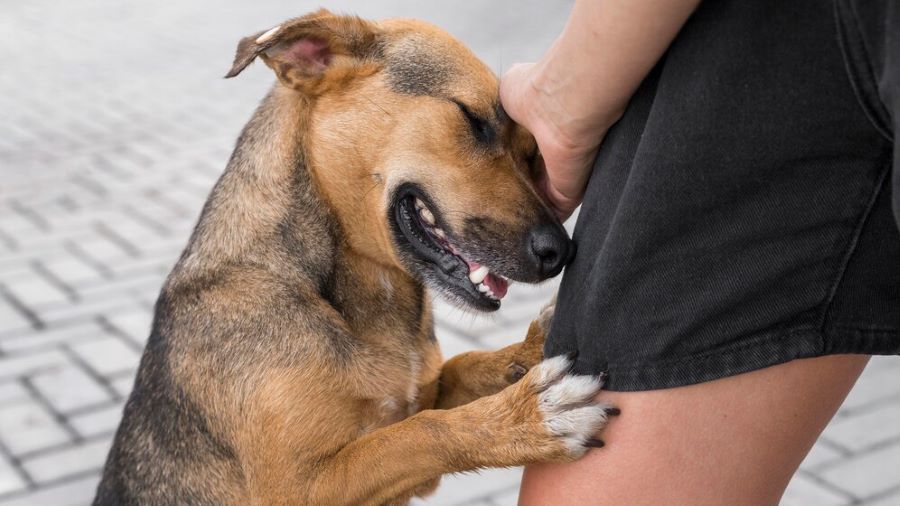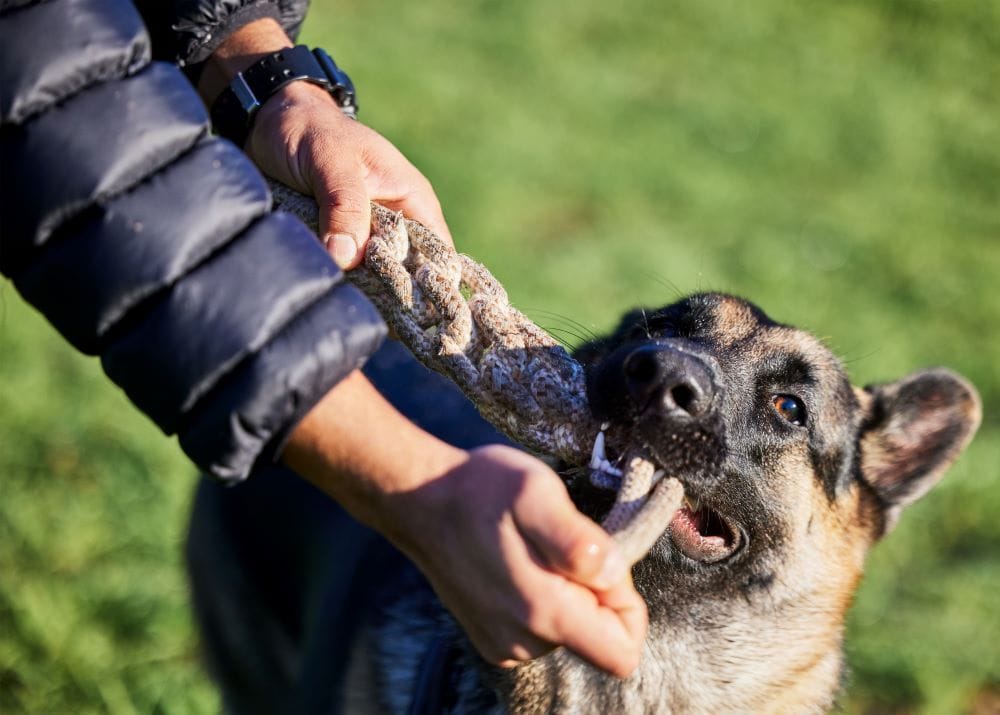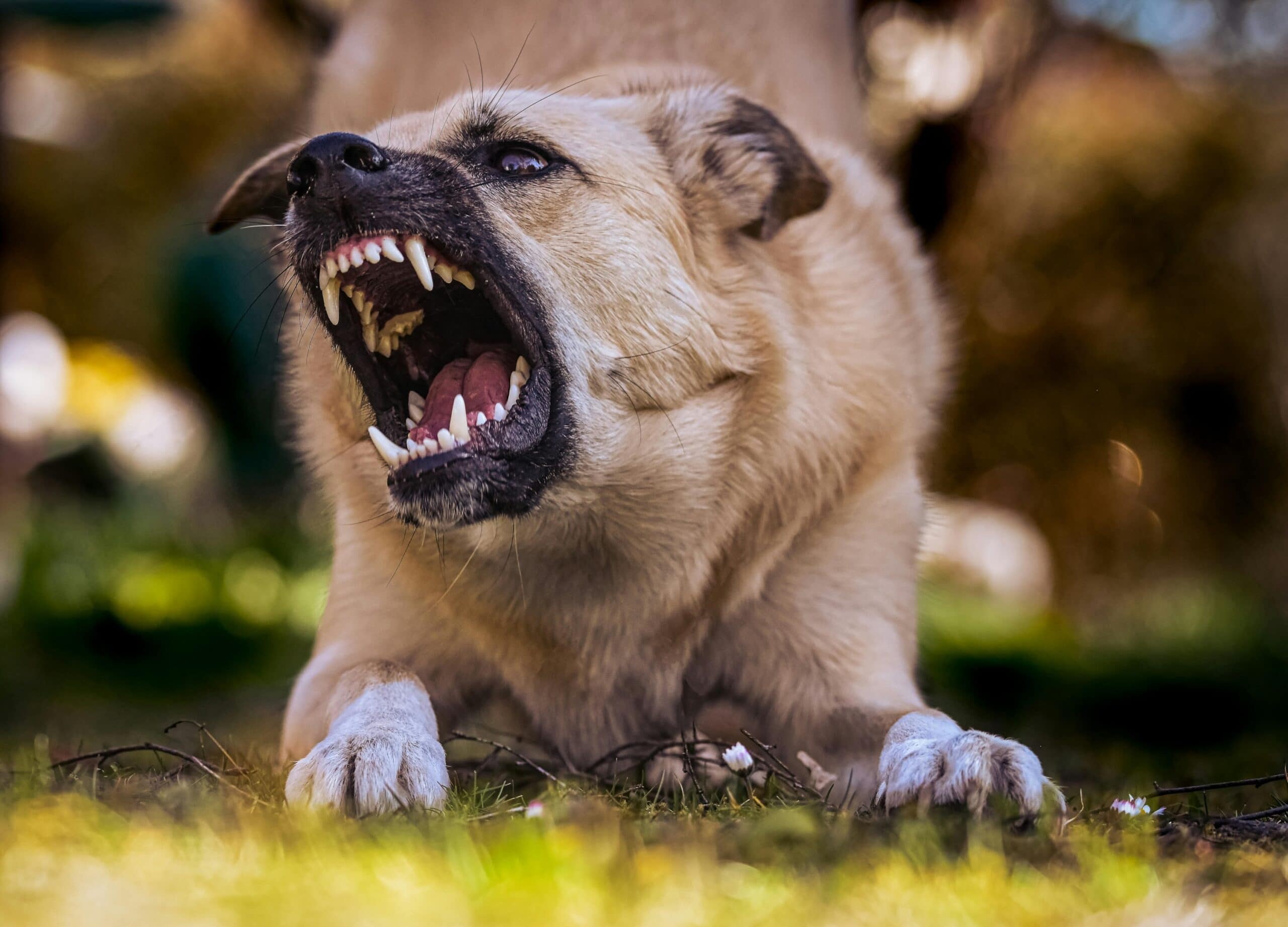
A dog bite can change everything in an instant. What begins as a routine walk or visit can quickly turn into a traumatic experience, leaving behind not only physical injuries but lasting emotional trauma. The aftermath is often overwhelming, but understanding dog bite victims’ rights and what to do next can make a significant difference.
Whether you’re dealing with medical bills, emotional harm, or the stress of filing a dog bite claim, knowing your legal options brings clarity in a confusing time. This guide outlines exactly what steps to take after a dog attack, helping you protect your health, document the incident, and seek the compensation you deserve. If you or someone you care about has been affected, here’s what you need to know to move forward confidently.
Immediate Steps After a Dog Bite
Every second counts after a dog bite. The steps you take immediately after the attack not only protect your health but also strengthen your dog bite claim.
Here’s a clear, step-by-step breakdown of what to do:
1. Prioritize Your Safety First
Your safety comes first. If a dog begins to show aggressive behavior, create distance as quickly and calmly as possible. If the dog bite has already occurred, move away from the animal to prevent further injury. Get to a secure location—preferably indoors or in a populated area. Avoid sudden movements that might provoke the dog again. If you are near the owner’s property, ensure you are safely away from it.
2. Call 911 If the Injuries Are Serious
If the dog bite punctured the skin, caused nerve damage, excessive bleeding, or involves facial or deep tissue wounds, call emergency services immediately. Emergency care is vital in preventing infection and managing trauma. Let paramedics assess the severity of your injuries, especially if you’re in shock or cannot evaluate the damage accurately.
3. Seek Immediate Medical Attention
Even minor dog bites can lead to infections or complications if you do not seek timely medical care. Always seek medical attention, even if you think the injury is minor. A healthcare professional will clean the wound, document the injuries, and begin a treatment plan. Medical records from this visit will serve as crucial evidence when seeking compensation for medical expenses, lost wages, or emotional harm.
4. Report the Attack to Animal Control
File a formal report with local animal control as soon as possible. This step ensures that authorities officially record the incident, evaluate the dog for diseases like rabies, and determine whether quarantine or further action is necessary. Animal control will also investigate whether the dog has a history of aggressive behavior or previous attacks. Animal control authorities may classify the dog as dangerous if it repeatedly shows aggression or poses a clear threat to public safety. In extreme situations, they may pursue legal procedures for removal or euthanasia based on local regulations.
5. Gather Evidence at the Scene
Clear, well-documented evidence can significantly strengthen your dog bite claim. If you’re able, or if someone can assist you, take the following actions right at the scene:
Photograph your injuries as soon as possible from different angles and lighting. Continue to document the healing process over time.
Capture photos or video of the dog, the surrounding area, and where the attack occurred.
Photograph torn or blood-stained clothing, bite marks, or damage to any personal items.
Secure witness statements. Ask for names, phone numbers, and a brief account of what they saw from anyone nearby when the attack occurred.
Note the date, time, and exact location of the incident.
Write down details about the dog, including its size, breed, color, collar tags, or any identifying features.
6. Collect Contact Details of the Dog Owner
If possible, approach the dog owner calmly and collect the following information:
Full name, phone number, and address
Proof of rabies vaccination or any veterinary records
Insurance details, especially if the attack occurred on the owner’s property
Avoid discussing blame or arguing at the scene. Your goal is to document, not debate.
7. Preserve Physical Evidence
Keep any clothing you wore during the attack unwashed. This clothing can serve as physical evidence of the force of the bite and the injury location. Also, preserve any medical supplies used, such as bloodied bandages or gauze.
These immediate steps not only protect your health but also build a compelling foundation for your dog bite claim. Taking action early ensures you can assert your legal rights fully and accurately during the legal process that follows.
Understanding Dog Bite Victims’ Rights and the Legal Responsibilities of Dog Owners
To protect the public and provide justice to victims, most states have laws in place that clearly define when dog owners are held liable for an attack.
Across the U.S., most dog bite cases fall under one of two doctrines:
Strict liability: The owner is automatically responsible for the bite, regardless of prior behavior.
One-bite rule: The owner is liable only if they knew the dog had previously shown aggressive behavior.
In all cases, dog owners must take reasonable precautions, like using leashes, keeping their pets in a secure enclosure, and posting warnings if needed. If a dog attack occurs on the owner’s property, the dog owner is usually still liable, unless the victim was unlawfully trespassing.
In many cases, the dog owner’s homeowner’s or renter’s insurance policy pays for the damages caused by a bite. If the attack happened on their property or in a public place while they controlled the dog, the insurer, not the owner, typically covers the claim. This matters most when the bite involves a friend, neighbor, or relative. In those situations, the insurance company, not your acquaintance, usually provides compensation. Ask for the owner’s insurance details early. Doing so helps you seek recovery for medical expenses, lost wages, and emotional harm without straining personal relationships.
Let’s break down how liability laws apply to dog bite cases in California, Nevada, and Colorado.
California:
California protects dog bite victims’ rights through its strict liability law, meaning a dog owner is automatically responsible if their dog bites someone in a public place or lawfully on the owner’s property—even if the dog has never shown aggressive behavior before (California Civil Code § 3342).
California Civil Code § 3333 provides that victims are entitled to recover compensation for all damages caused by a wrongful act or omission.
California Civil Code § 1431.2 outlines proportional responsibility for noneconomic damages in personal injury cases.
Under these statutes, victims can recover compensation for:
Medical care and medical bills
Lost wages due to time off work
Emotional harm or long-term emotional trauma
Other costs resulting from the dog bite
Nevada:
Nevada law does not impose strict liability for dog bites, but injured victims can still pursue claims by proving the owner’s negligence or the dog’s known history of aggression. Under NRS 202.500 and general negligence laws, a dog owner can be held liable if their dog has a known history of aggressive behavior and they fail to take reasonable precautions.
NRS 41.130 establishes that anyone injured due to another party’s wrongful act or negligence may pursue a personal injury claim.
NRS 217.050 defines “personal injury” to include bodily harm requiring medical treatment, a basis for recovering damages in dog bite cases.
Dog bite victims in Nevada can seek compensation for:
Emergency treatment and ongoing medical care
Emotional trauma and therapy expenses
Lost wages and diminished earning capacity (if they prove negligence or prior knowledge of the dog’s aggression)
Proving the legal implications and that the owner failed to act in the best interest of public safety can significantly improve the outcome of your case.
Colorado:
Colorado enforces a clear, strict liability statute in dog bite cases involving serious bodily injury or death. Under C.R.S. § 13-21-124, dog owners must pay for economic damages, such as medical costs and lost income, even if the dog had no prior history of aggressive behavior. This applies when the attack occurs in a public place or while the victim lawfully enters private property.
Dog bite victims in Colorado may recover:
Medical bills and rehabilitation costs
Other costs related to prolonged care
Lost wages and reduced earning capacity
Additional expenses
Victims in Colorado may recover compensation for emotional harm or other non-economic damages if they demonstrate that the dog’s owner acted negligently or knew the dog had dangerous tendencies, as outlined under Colorado tort law. If the injuries do not meet the “serious bodily injury” threshold, victims must prove fault to recover any damages.
By understanding the legal rights available and acting quickly, victims can pursue full compensation for the physical injuries, emotional harm, and financial burdens that follow a dog bite.
Don’t Miss the Deadline: Statute of Limitations by State
Every state enforces a strict legal deadline—called the statute of limitations—for filing a dog bite lawsuit. Missing this deadline can cost you the right to recover compensation, no matter how strong your case is.
Here’s what you need to know:
California: You have 2 years from the date of the attack to file a personal injury claim. (Cal. Civ. Proc. Code § 335.1)
Nevada: Victims must file within 2 years as well. (NRS § 11.190(4)(e))
Colorado: The time limit is also 2 years from the date of injury. (C.R.S. § 13-80-102)
In some situations—like if the victim is a minor or the bite involved a government entity—the timeline may pause or follow special rules. Acting quickly protects your rights and ensures that you preserve critical evidence.
Why This Legal Knowledge Matters
Understanding your legal rights as a dog bite victim is vital for protecting your health and financial future. Knowing how local laws define liability, what evidence to collect, and when to act can dramatically affect the outcome of your dog bite case.
A strong case often depends on:
Timely medical attention and thorough documentation
Proper reporting to animal control
Detailed records of physical injuries, emotional trauma, and medical expenses
Support from a skilled dog bite attorney who can guide you through the legal process
If you or someone you love has suffered from a dog bite, understanding these state-specific laws will help you move forward with clarity and confidence.
Empower Your Recovery with the Right Legal Support
Being attacked by a dog is not only physically damaging but also emotionally overwhelming. Understanding dog bite victims’ rights, applicable laws, and the importance of immediate medical and legal actions equips you with crucial tools to handle this challenging situation effectively. If you or a loved one has suffered from a dog bite, contacting a skilled attorney can make a profound difference in your recovery journey.
At Bourassa Law Group, we understand the complexities involved. Contact us today for a free consultation, and let us guide you through every step.
